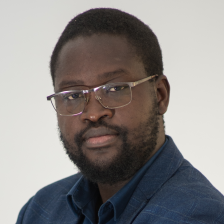
Threading the Needle: How JETPs Can Support Gas Producers
At the halfway point of COP27 in Sharm El-Sheikh, Egypt, the role of fossil gas is both central to the climate conference’s outcome and still a hotly contested issue. Over the weekend, the Egyptian COP presidency held consultations about the “cover decision” that is the main outcome of COP, and which may feature reference to the role of fossil fuels and/or gas, specifically. (See this useful UN guide to the evolution of the COP26 cover decision, the Glasgow Climate Pact.)
In the run-up to these climate talks, the Egyptian presidency described gas as “the perfect solution,” and several countries made the case last week that gas should be a transition fuel. Others are pushing back, however. Former U.S. Vice-President Al Gore told world leaders on Monday that the recent dash for gas is a “dash down a bridge to nowhere.”
Although 70 percent of under-construction or planned gas projects are in North America, some of the most heated debate has focused on plans by African countries and other low-income producers that have contributed little to the climate crisis.
At NRGI, we have been exploring the role that just energy transition partnerships (JETPs) could play in helping this group balance development and climate goals. Interest in JETPs is running high at COP27. While JETPs have largely focused on coal producers so far, negotiations have also been taking place between international partners and Senegal, which will start producing gas in 2023. With Senegalese President Macky Sall suggesting a political agreement may be close, our working paper details recommendations for Senegal, other gas-producing countries, and international partners pursuing similar JETPs in future.
Read NRGI’s working paper and watch the recording from a related COP27 event.
Authors

Aaron Sayne
Lead, Domestic Energy Transition

Thomas Scurfield
Africa Senior Economic Analyst

Papa Daouda Diene
Senior Africa Economic Analyst
